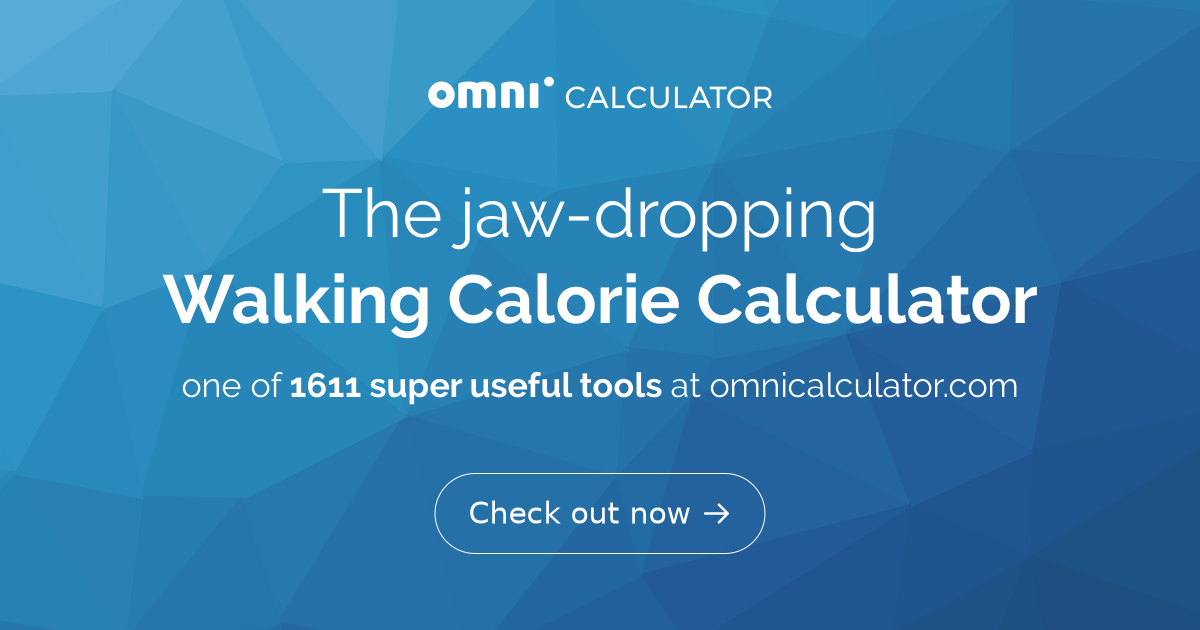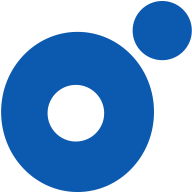We are facing unprecedented global challenges and we have resources and knowledge to tackle them. This is undeniable crisis, but it is also a big opportunity: climate change, poverty, wildfires, fake news, among other facts are affecting our lives in a broader sense. In the meantime most of people are building and brainstorming pointless and toxic things leveraging in tech. We have to use our time wisely in order to teach and learn in a sustainable way. There is tendency to push people to use the technology in an addictive and dangerous way. This is wrong and we need to act now.

⚡️ The power of everyone. The power of everything.
In Software Engineering world, when it comes to learn and set up our professional careers, some projects are so attractive. The effort and energy in designing sites to allow users interact each others, post lovely pictures of food and tell the world about the trending colourful shirt in town, it's totally fine. Of course. We can learn a lot about distributed systems, scaling, complex graph theory and so on. Lately I've been wondering what if our choices are based on how sustainable something might be. By "something" I mean everything. Every single entity, idea, resource has a sustainable level of meaning. What if we live in a society where every single person would dedicate part of the inner energy on sustainable projects and ideas. It's a long shot, it's true. I strongly believe there are huge challenges around us to improve exponentially our professional careers and our planet along the way. There is an (sadly) endless list of topics: recycling, reducing plastic, air pollution, energy efficiency, reducing carbon footprint and so on. If people around the world picks up just one idea (at least), the story would be different. It sounds good, huh?. If we know we have a problem why do we do even nothing?
I am sure the power and impact of our choices is huge but I am not sure if you know about it. I don't want to manifest a religious or poetic prose nor a Lennon's song, believe I would love to avoid clichés. I just want every single person adding sustainable value no matter what you do.
We strive to make better choices wherever and whenever we can, and we rely on internet to gather information we need. So based on that we act.
We must raise awareness of the crisis around the world and leverage the power of our decisions in order to improve our planet. From my side, I want to use the technology and build sustainable software to improve the decision making process. It's a long way but it's satisfying and pleasant.
“You cannot get through a single day without having an impact on the world around you. What you do makes a difference, and you have to decide what kind of difference you want to make.” - Dr. Jane Goodall
⚙️ Embrace the decision making process
Our daily decisions are key to face these challenges. The tools we use, the places we visit, the food we eat, the clothes we wear. Everything you do has an impact and if we improve our decision-making process, we might create positive value for us and the environment at the same time.
In this process there are 3 steps where I want to focus:

This is a cognitive process and sometimes it is implicit and quick, whereas sometimes we can make a better decision if we have the right information at our disposal. The Internet is the biggest resource for searching, but it is also a trap. Behind a search there are algorithms, rules, biases, fake information, recommendations we like, recommendations we don’t. The truth is, we never know what we are missing. Why do we trust blindly recommendation systems?. This models use thousand of features and rules to predict our choices. There are good things on that, of course, but also there is an evil part: we believe we control our choices but we don't. We should admit it and identify this situation when it happens. Sometimes it's not easy but we should discern between the good and the evil. What if I want a recommendation based on my own rules?. We rarely ask ourselves for other results. Sometimes we are lazy and we are missing things. Nowadays, some tools on internet allow us to give feedback about a given recommendation. We can say 👍 or 👎 to a movie or a pair of shoes but we still don't know the details behind. I would like to know more about why The Avengers is a high recommendation to me by Netflix. The fact I searched cameras on internet doesn't make me a photographer. I want to know exactly WHY this recommended ad is for me. If I know that I could provide better feedback.
I would love using a search engine where every result is ranked by how sustainable is, given a bunch of attributes. I don't want a system recommends me a Restaurant because I went a few times, I want to know which is the more sustainable Restaurant near me. Or how energy efficient are all shopping malls in the city. I don't want to see first the result X because someone has paid more than others. A search engine where the advertising is also sustainable.
If I want to make a decision I need metadata.
💡 The Idea
I want to inject sustainable "bias" everywhere and make recommendation systems green again 😀 (I just wanted to use the trending slogan). This would be a good starting point to add truly value on every decision we make.

In order to get better results and impact positively we have to sanitise our search results. We need a curated list of results based on sustainable resources. That's is a good recommender system for me and it's not those where the results are based on my likes, my contacts, my GPS or any other super volatile and senseless. As more sustainable results we got, as better will be our actions with our environment. Let me be clear here: I am not against the recommender systems, I just think that a few of them should take into account what we really need as humankind.
This is the Next GENE: a sustainable search engine. This is what we need to pass to the next generation.
Behind a search action there is a never-ending list of attributes to look at. We can also group them by industry, location, economy and so on. Just to name a few:
- Paper recycling.
- Energy efficiency.
- Water saving.
- Waste management.
- Packaging.
- Garden.
- Communication.
- Rewards.
- Eating healthy.
- Circular economy.
- Furniture.
- Tax Relief.
- Donations.
- Re-use.
- Zero Plastic.
- CO2 emissions.
- Locally Grown food.
- Air Pollution.
Also we might clustering the search results:
- Food.
- Shopping.
- Travel.
- Read (e.g. books, blogs, specific content).
- Listen (e.g. podcast).
- Get involved. Collaborate with groups or organisations.
So we can think about a new “Page Rank” algorithm and measure the importance of our search results based on sustainable factors and drive better decisions.

The Experiment 👨🔬
Before long nights of coding and coffee, I need a (very naïve) validation. I need to evaluate the YESs and the NOs in my most common search engine. So I am gonna perform a search query and gather the metadata by myself. Finally I will take a decision.
At the time of writing:
🕰 Time: 9:30
📅 Date: 2021-02-17
🇸🇪 Location: Stockholm, Sweden

For the sake of the experiment I am using the following attributes:
1- Web page carbon footprint
2- Sustainability program
3- Calories walking distance
Let's take the first 3 results (Coffee, Espresso, Kafé):

Which option is more sustainable given my pre-defined attributes? Is there any?
☕️ Coffee Option A:
- Web page carbon footprint:
This web page is cleaner than 80% of web pages tested. Only 0.29g of CO2 is produced every time someone visits this web page. - Sustainability program:
I found nothing - Calories walking distance:
220 kcal
☕️ Espresso Option B:
- Web page carbon footprint:
This web page is dirtier than 71% of web pages tested. 1.66g of CO2 is produced every time someone visits this web page. - Sustainability program:
Site about information. Own bakery. Plant based food. Plastic reduction. Reusable cups. - Calories walking distance:
202 kcal
☕️ Kafé Option C:
- Web page carbon footprint:
This web page is dirtier than 51% of web pages tested. 0.96g of CO2 is produced every time someone visits this web page. - Sustainability program:
I found nothing - Calories walking distance:
195 kcal
Analysis
I don't know how exactly the search engine ranked my results and of course these attributes deserve a deep and more accurate investigation but based on what I found out on internet in less than 10 minutes I have 3 sustainable parameters to decided. Even though the Option B has the sustainability program, this is the largest coffeehouse chain in the Nordic countries and I am sure the program is big enough to keep doing well without my coffee for today. The other options are local business. The web site design in Option A plus the good and healthy walking distance seems perfect to choose today.
Winner: Option A ☕️ 🎉
What's a Sustainable Search Result?
I've been reading the The Sustainable(ish) Living Guide by Jen Gale, and I think the content sums up pretty much what I understand by Sustainable Search Result.
- Conscious consumption
- Zero waste(ish)
- Plastic free(ish)
- Sustainable(ish) food
- Sustainable(ish) fashion
- Sustainable(ish) family
- Sustainable(ish) home
- Sustainable(ish) work
- Sustainable(ish) school
- Sustainable(ish) travel and transport
- Sustainable(ish) celebrations
- Activism(ish)
Conclusion

We shouldn't sit down and wait for governments politics or big company campaign in order to address our global challenges and fix the world. Making different choices and getting informed might be the key for a sustainable living. Maybe we can't afford everything. That's OK. But we can start small and aware about it.
Here I am starting this side project called Gene hoping to turn it into a real tool for our day to day. Again, this is a very naïve approach. There are many types of searches and resources, different aggregations, scoring methods and data collection, etc. But what if Gene encourages every physical entity or owner of resources to publish information about these sustainable attributes (metadata).
This project is about everything. I will start small and iterate, defining scope and attributes. My horizon is to build a fully search engine and provide results with sustainable metadata.
So given a search we could have results (resources) with metadata which might be validated by an entity (donations), collected from Internet (sustainability program) or calculated from other parameters (air pollution by location, green areas by satellite image, etc.).
That's the challenge to tackle THE CHALLENGE. 🌎
🚀 🛠 My workspace is Github 👨💻 and Twitter 🔊
References:
The Biggest Environmental Problems Of 2020



Website Carbon Calculator





